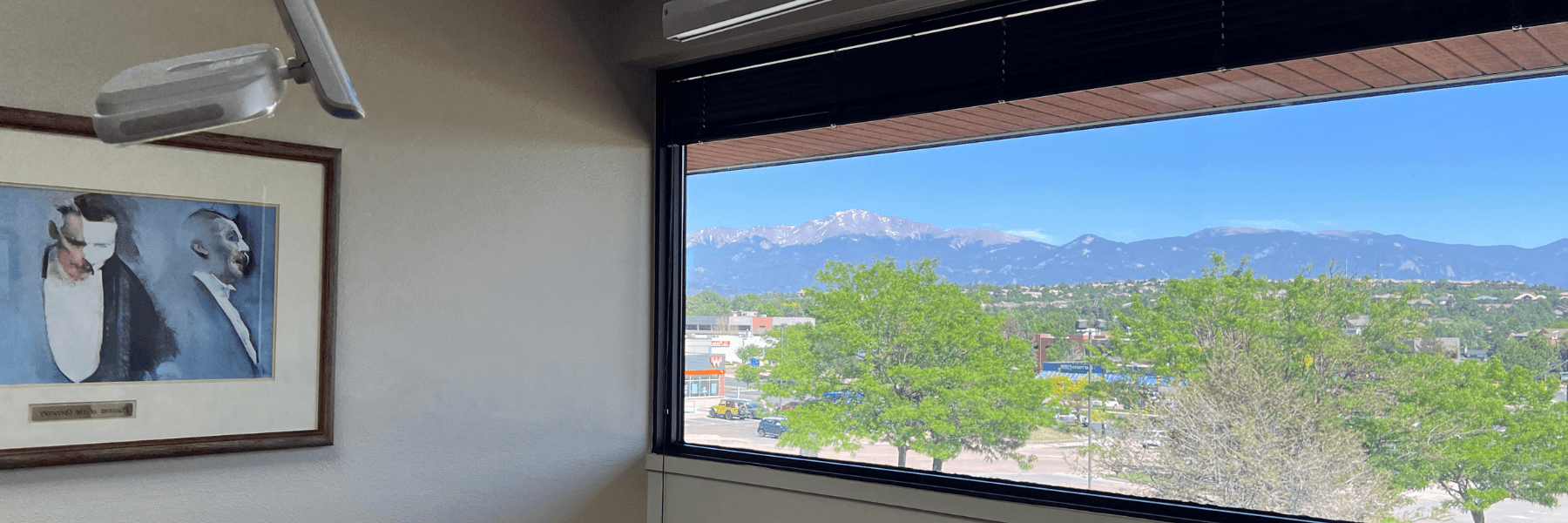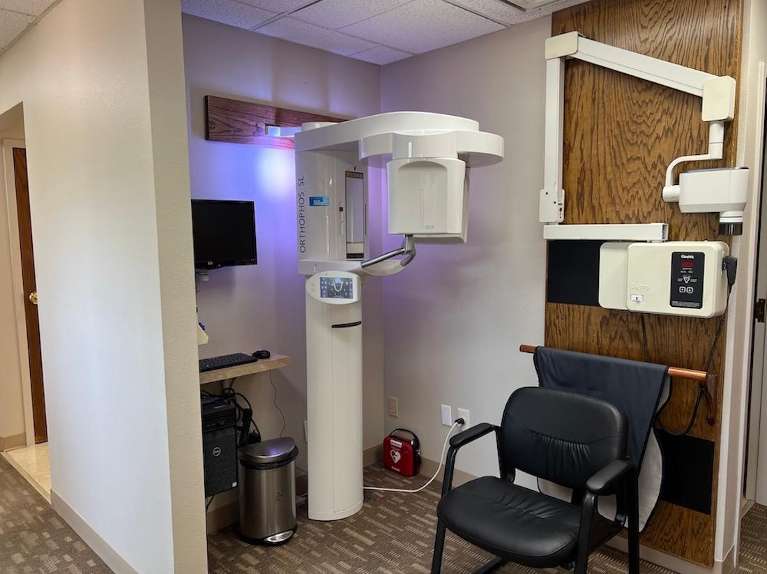TMJ disorders affect your jaw joint and the muscles that help you chew. Dr. Carlson wants patients to understand that leaving TMJ problems untreated can lead to severe, long-lasting damage.
What Can Happen to Your Jaw Joint
Over time, untreated TMJ problems can cause permanent damage to your jaw joint. The small disc inside your joint may slip out of place and stay there, making it hard for your jaw to move smoothly. The bone surfaces can also wear down or develop rough, bony growths that make movement painful and difficult.
The Effects on Your Muscles
Your jaw muscles may become chronically tight and develop painful knots, known as trigger points. This ongoing muscle tension can alter your natural jaw movement, creating new problems and exacerbating existing ones.
Damage to Your Teeth
TMJ disorders often cause people to clench or grind their teeth, especially at night. This can significantly wear down your teeth, altering your bite and changing your facial appearance. Once teeth are worn down, they're much more complicated and more expensive to restore.
Problems Beyond Your Jaw
Because your jaw joint is closely connected to your head and neck, TMJ problems often cause headaches, neck pain, and shoulder tension. You might also notice changes in your posture as your body tries to compensate for the jaw dysfunction.
How It Affects Daily Life
As TMJ problems worsen, you may find it harder to open your mouth wide, chew certain foods, or speak clearly. This can impact what you eat, how you communicate, and your overall quality of life.
Why Early Treatment Matters
Dr. Carlson uses thorough examinations and imaging to identify TMJ problems early, before permanent damage occurs. The sooner we address these issues, the better chance we have of preventing irreversible damage and chronic pain that becomes much harder to treat.
Don't wait if you're experiencing jaw pain, clicking, or difficulty opening your mouth—early intervention can save you from years of discomfort and expensive treatments later. Contact our team at (719) 598-8886 for more information on how we help with TMJ discomfort.
 At Mountain Vista Dental, we understand that what you need when you suffer from TMD is relief. Dr. Carlson takes time to gather information to determine the root cause of the problem. Armed with that information, he can create a customized and effective treatment plan that results in the most successful outcomes for our patients.
At Mountain Vista Dental, we understand that what you need when you suffer from TMD is relief. Dr. Carlson takes time to gather information to determine the root cause of the problem. Armed with that information, he can create a customized and effective treatment plan that results in the most successful outcomes for our patients. 
 Chronic headaches, jaw joint (TMJ) pain, and neck and shoulder pain are just a few of the symptoms you may be dealing with if you have temporomandibular disorder (TMD). TMD occurs when your jaw joint isn’t functioning correctly, and the symptoms can significantly impact your quality of life.
Chronic headaches, jaw joint (TMJ) pain, and neck and shoulder pain are just a few of the symptoms you may be dealing with if you have temporomandibular disorder (TMD). TMD occurs when your jaw joint isn’t functioning correctly, and the symptoms can significantly impact your quality of life.
